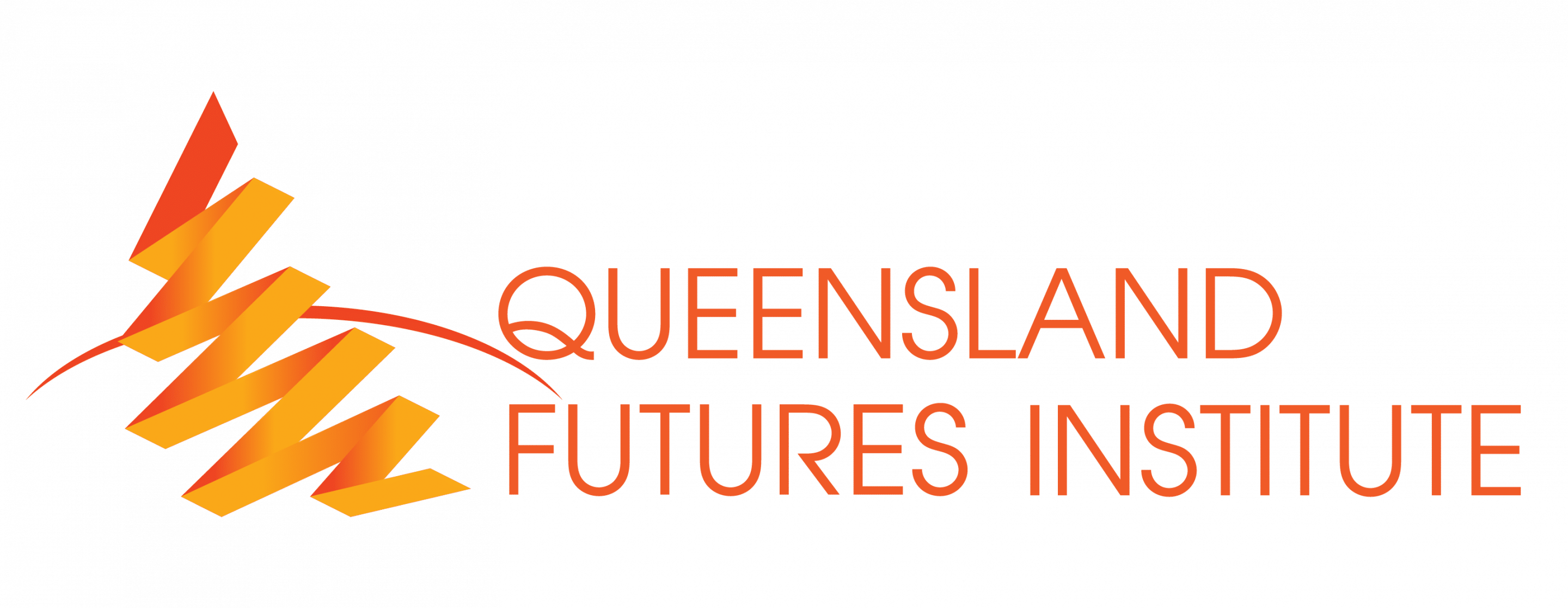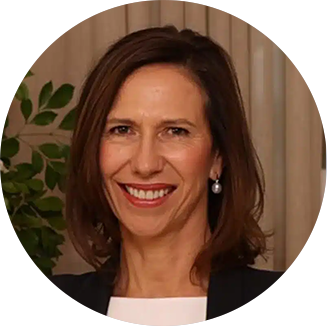We are living and leading through a time of extraordinary complexity. The pace and far-reaching effects of global change have been uniquely challenging. Against this backdrop, schools are in a unique position to shape young people’s mindsets, instilling the confidence and wisdom to bravely face the challenges that concern us most.
Following the rapid arrival of ChatGPT in 2023, the next decade will undoubtedly see teaching, learning and AI inhabit an almost co-equal relationship, where our tools will shape us—rather than us simply using them. Success in this future will depend on our ability to work seamlessly with technologies that can free us up to tackle truly essential tasks—the challenges that require a nuanced, human approach. To achieve this the educational paradigm must shift, even further, from one that measures content knowledge to one that develops within our students the skills to be creative, adaptable, lifelong learners.
History has shown, time and again, that society needs ‘trained minds’ to solve current challenges, predict those of the future, and lay the groundwork for innovation. Schools and universities seek to advance society through research and offer strong thought leadership on current issues and trends, free from corporate and political structures and hierarchies. We interpret a complex world, curating the presentation of not just subject information and development of skills, but outlook and perspective.
The consensus among young Australians is that the environment, equity, and mental health are the most important issues in Australia today (Annual Youth Survey, Mission Australia, 2022). The answers to such complex issues cannot be found in a textbook, nor can they be solved by a single person, company, government, or institution. They require collective thinking and community action. School communities must adopt a global mindset and foster a culture of lifelong learning where Education is offered as a gift not only to the individual, but for the betterment of
the collective.
To engage young Australians, we must hold and nurture a level of optimism and hope, framing global issues as solvable rather than insurmountable challenges—a message contrary to dominant media narratives. By modelling hope and avoiding despair, we are acknowledging that while all young people deserve to be informed, they are equally entitled to an optimistic outlook.
The responsibility of educational leaders in shaping the narrative of our society is of profound importance and has lasting impact. Educational institutions are places for testing ideas, conducting research, and the promotion and progress of knowledge. They are places that train our minds to think and organise communities to act on current and future challenges, requiring strong leadership in Education.


